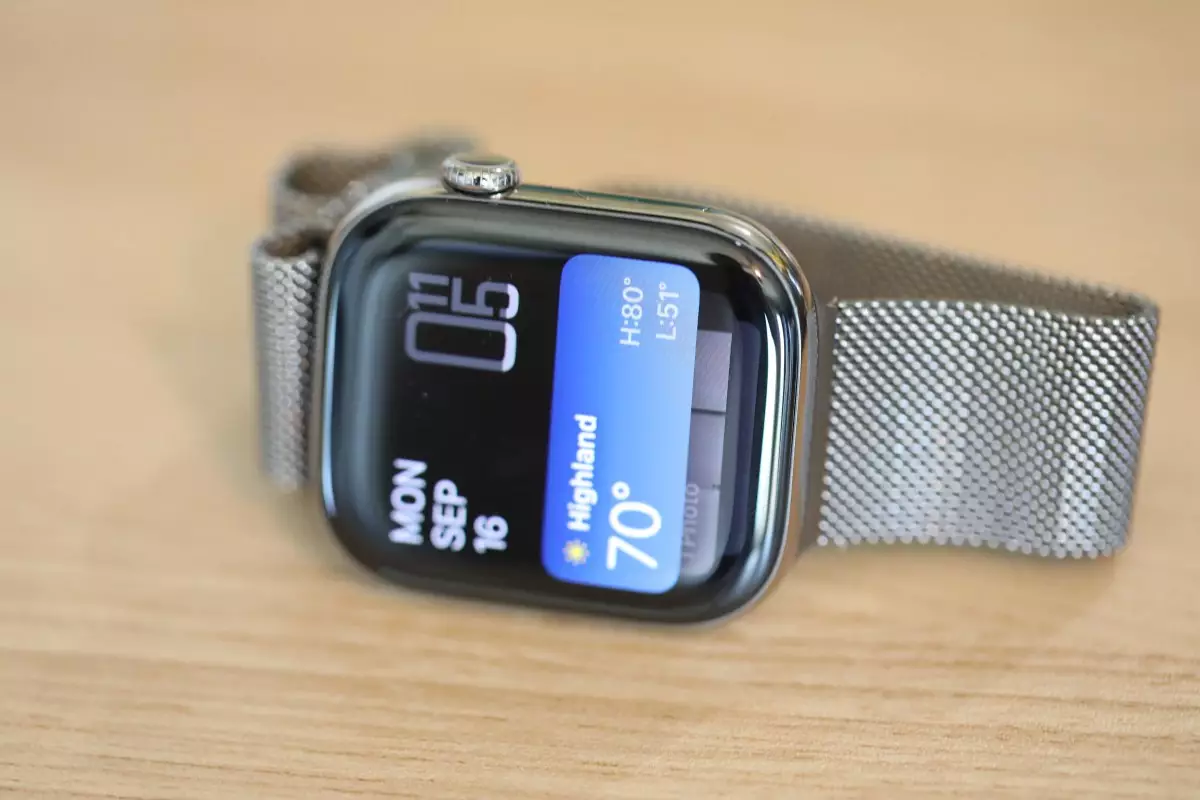In a highly publicized case, a federal jury recently adjudicated that Masimo’s line of smartwatches was indeed infringing upon Apple’s design patents. However, contrary to the expectations of a lucrative settlement, Apple was awarded a meager $250, the statutory minimum claim put forth by its legal team. With this outcome, Apple appears to have sparked curiosity regarding its underlying motivations: was this trial purely about financial compensation, or was there a greater objective at play?
Apple’s attorney, John Desmarais, conveyed a significant sentiment during the trial, emphasizing that the aim of the lawsuit was not monetary gain but rather the deterrence of Masimo’s alleged design copying. This statement raises valuable questions about the ethical dimensions of patent law in technology. When industry giants challenge each other, is it purely about market share and revenue, or are deeper principles of innovation and creativity at stake? By seeking to establish a clearer boundary around its designs, Apple is asserting its position as a leader in the tech space, which might resonate with its dedicated consumer base.
While the jury acknowledged that Masimo’s W1 Freedom design and its original charger infringed Apple’s patents, they concluded that this infringement applied only to items that are now discontinued. Masimo reacted with a defensive stance, highlighting that the jury’s remarks did not extend to its current offerings. This distinction plays a crucial role in the ongoing battle between technology innovators: it exemplifies how a company can navigate through legal constraints while continuing to innovate and evolve its products.
The defeat for Apple in obtaining an injunction against Masimo’s present lineup illustrates a critical point—courts may lean towards innovation over strict enforcement of design patents, particularly when the alleged infringing products are already discontinued. Such a ruling suggests a balance in the technological ecosystem, allowing for active competition and preventing undue restrictions on innovation.
This legal episode underlines the complexities of patent law within the tech industry. Apple, often viewed as a behemoth with considerable resources, may find itself challenged by nimble competitors like Masimo, which bring unique functionalities to the market. The ruling also fuels ongoing discussions regarding innovation, creativity, and consumer choice in an age where technology evolves at an unprecedented pace.
Moreover, this case offers insight into the delicate interplay between large corporations and specialized medical technology providers. As previously reported, Masimo’s original concern centered around its patents being encroached upon by Apple’s incorporation of pulse-oximetry features in its Apple Watch. The dismissal of these concerns reflects not only a legal victory for Masimo but may also invigorate more players in the healthcare technology space to challenge established norms set by tech giants.
Ultimately, while Apple’s legal pursuit against Masimo resulted in a technical victory regarding past product design copyrights, the implications extend far beyond monetary gains. This dynamic situation showcases the ever-evolving landscape of patent law where the tension between protecting intellectual property and fostering innovation remains a critical conversation. As competitors like Masimo continue to adapt and innovate, the outcome of this case should resonate with corporations navigating similar disputes, prompting re-evaluation of strategies in the complex world of technology and design patents.

